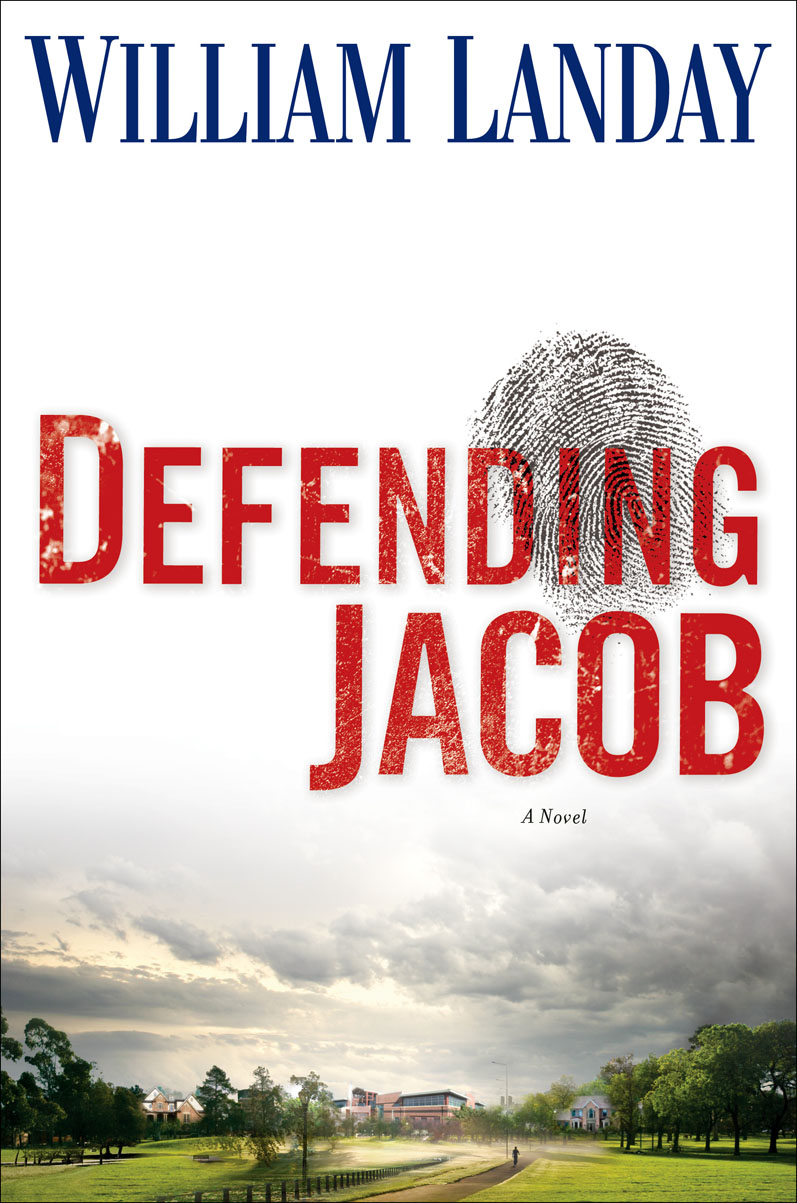
Croft’s translation accurately represents Tokarczuk’s prose. As Tokarczuk has said, Yente became the mechanism through which she could hold together this expansive universe of details and lives. It becomes clear, reading The Books of Jacob, that these narrative theories arose from the challenge of writing the epic history of the Frankists as a novel. The tender narrator also views events “'ex-centrically,' distanced from conventional viewpoints. She does not permit us access to his final thoughts, but she does bring us into Yente’s body and soul, starting and ending the novel with her. Tokarczuk presents Jacob as a mystery, glimpsed through others’ eyes. In the early pages, Tokarczuk lays out so much detail that the book simultaneously develops as a novel and a manifesto on writing historical fiction and retrieving, or revisioning, the past. The Books of Jacob is incredible because of its sheer mass of its details, so sensuous, so precise, that its readers cannot help but marvel at the novel’s construction.

In this way, The Books of Jacob becomes a reader’s guide for life. By writing from an eccentric (ex-centric) perspective about the women excluded from the historical archives, Tokarczuk teaches us a new historiographic way to see: we learn to see what may not be apparent but is nonetheless present. The novel poses a challenge to our literature. One could say it is written against our times, in defiance of our short attention spans, the spinning news cycle, the pithy tweet, and the rapid scroll. Tokarczuk maintains her novel’s pace with section breaks, narrating her characters’ psychological development with the tension of discovery, the slow but progressive movement of their thoughts. I have read the novel in English and Polish and promise you the praise is deserved.


 0 kommentar(er)
0 kommentar(er)
